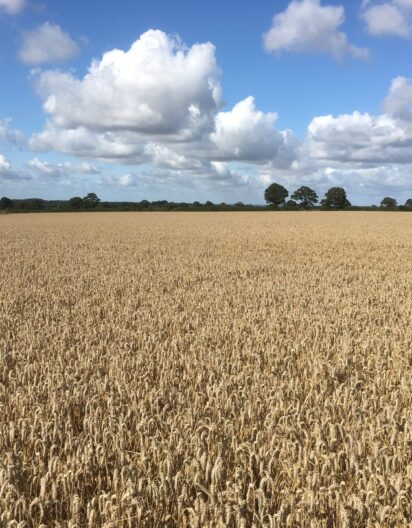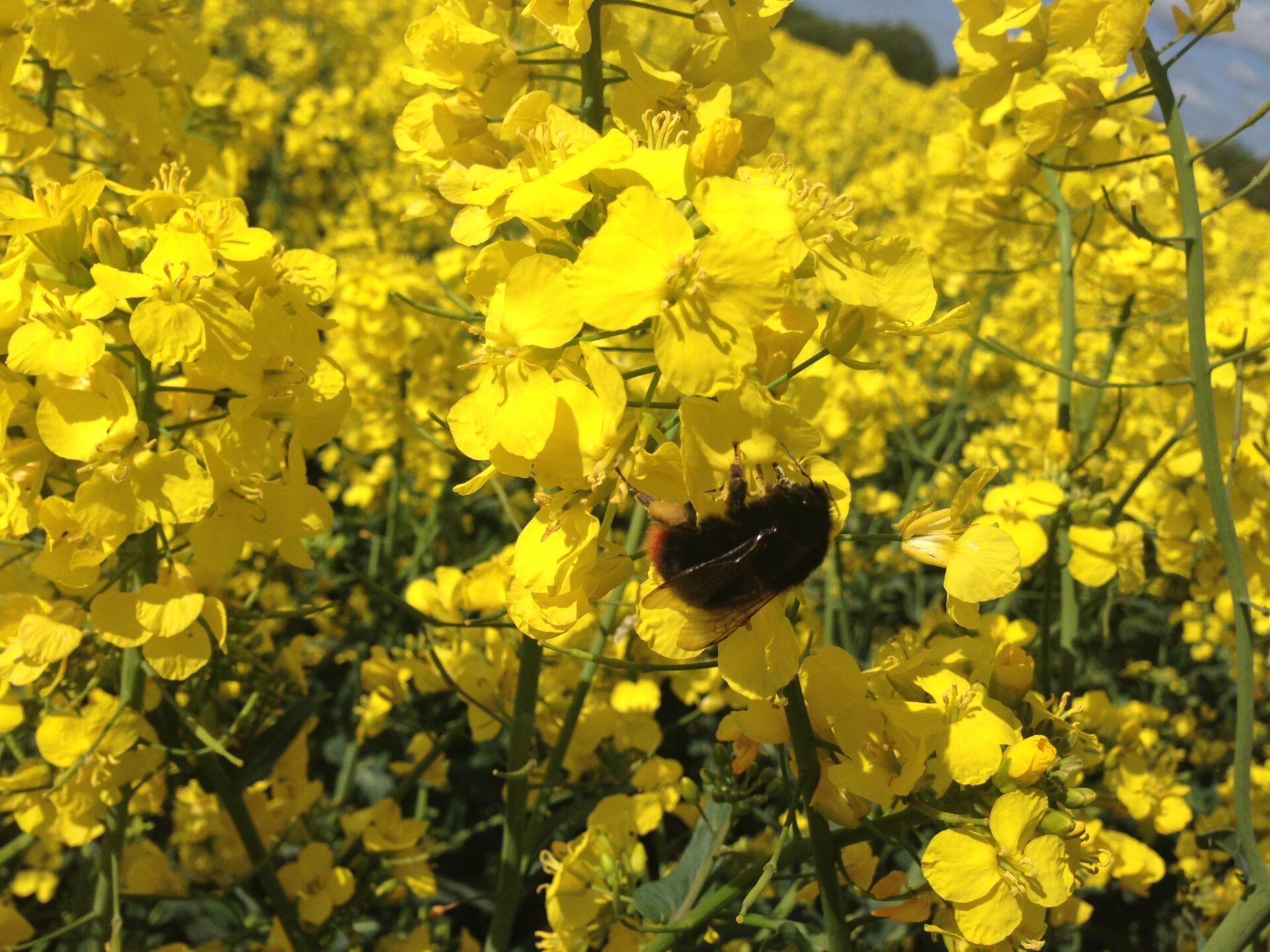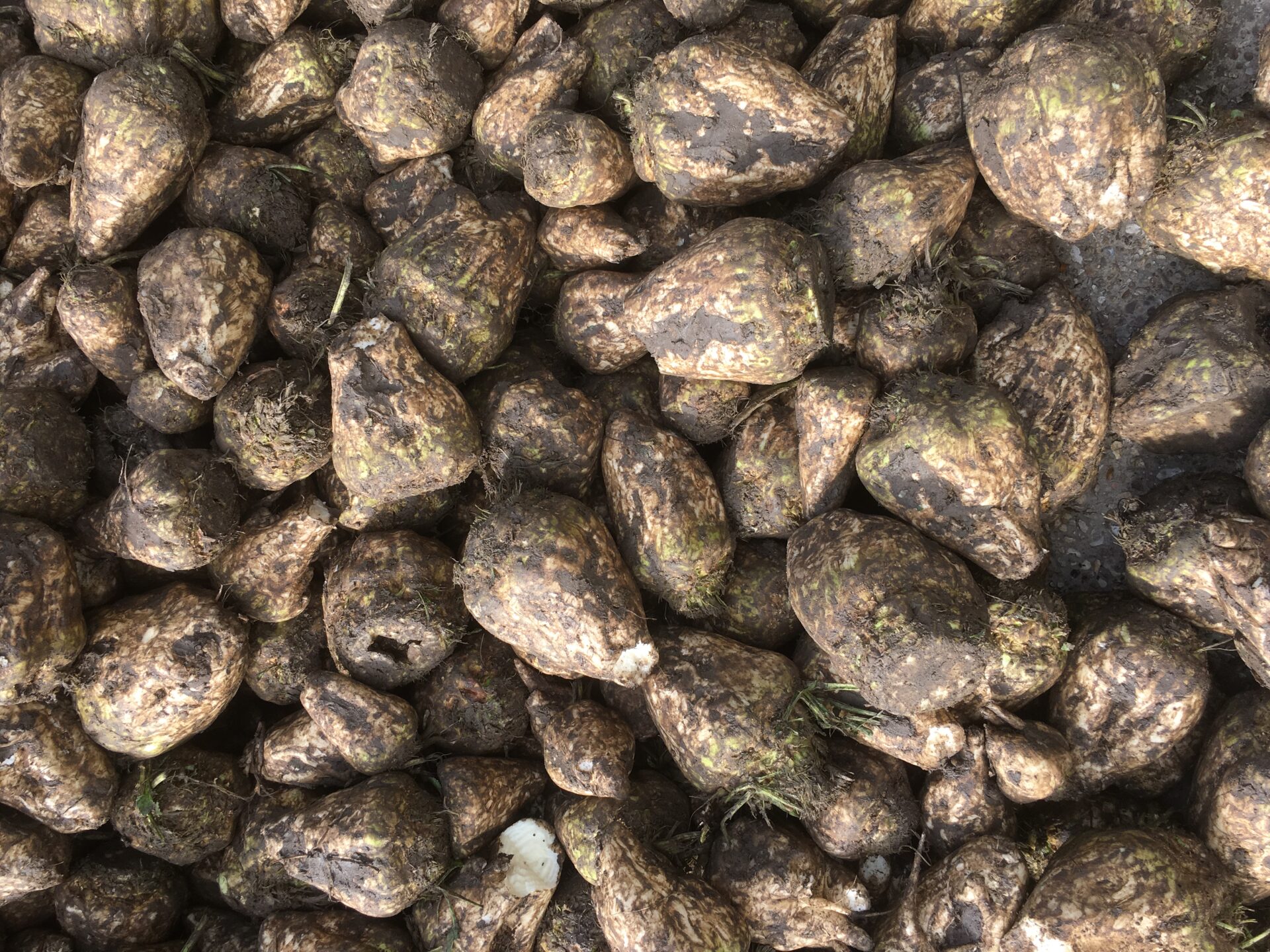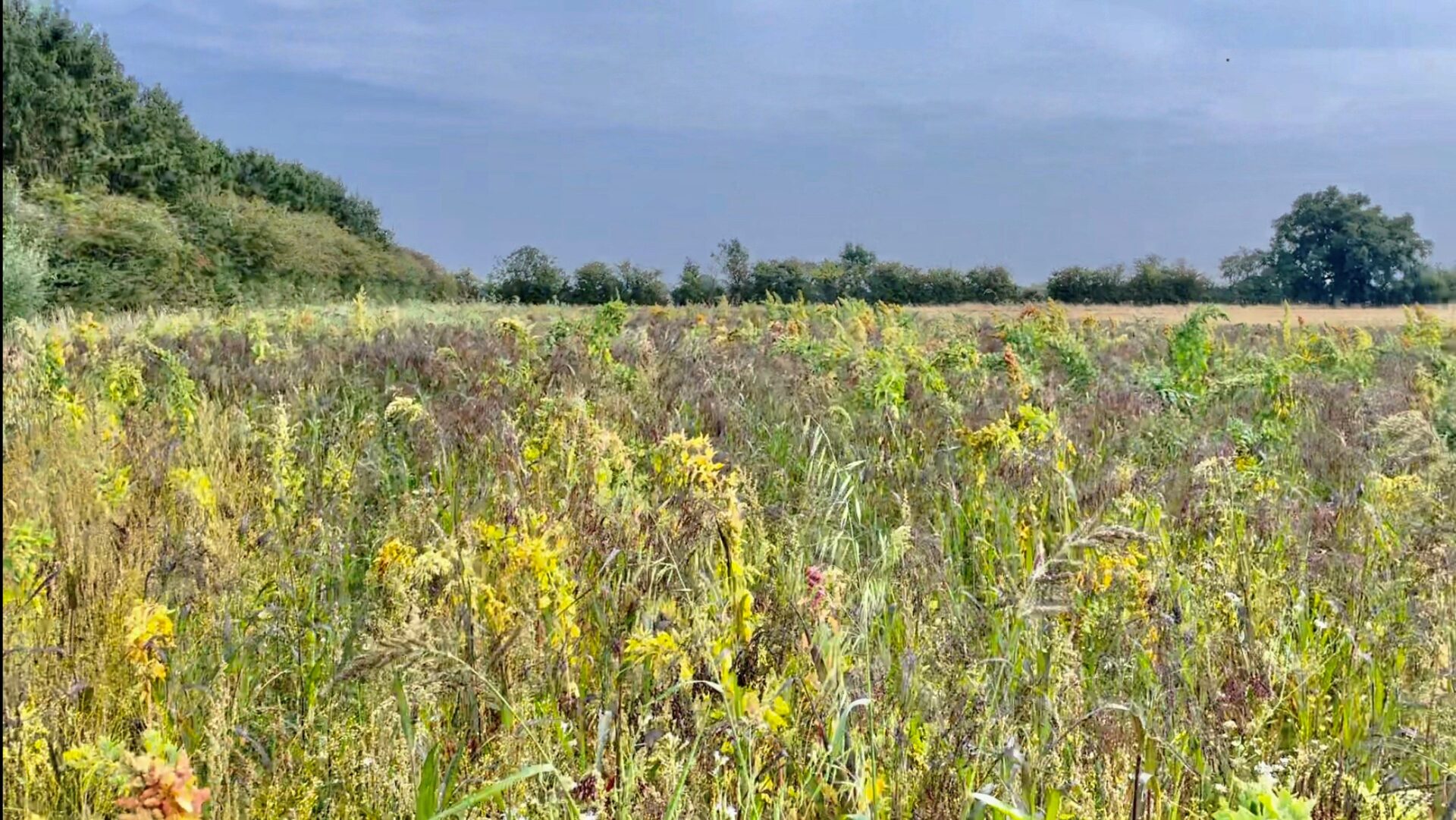cropping
Here at Revesby, we have adopted a cropping rotation that allows us to meet the demands of our customers whilst being sympathetic and improving the environment and the countryside.

Our current rotation is one of 50% first wheat, 9% OSR, 18% Beans, 14% Spring Oats and 9% Sugar Beet.
This rotation allows us to control pests, disease and weeds by cultural means as far as possible before we have to use pesticides. We are not organic, but we practice IPM (Integrated Pest Management) in every step of production to limit pesticide use to a minimum.
We grow a range of crops to spread our workload throughout the season, with all of our produce being produced to the highest standards with full traceability. Each year, we reassess markets, thus securing the most profitable crops.
wheat

50% of the land is used to grow winter wheat. We will produce upwards of 4,500t a year, which is enough grain to make the flour for 4.5 million loaves of bread. Varieties and husbandry are tailored to help us meet the specification required for milling, biscuit, bioethanol and animal feed production.
osr

9% of the land is used to grow OSR. We will produce upwards of 360t of rapeseed each year. The OSR we grow is known as HOLL (High Oellaic Low Linoleic).
The rape seed is crushed to produce oil, which is then used by companies such as McDonalds to fry their chips. The husk which is left after crushing is then used in animal feed rations.
oats

14% of the land is used to grow oats. We will produce upwards of 1000t a year, which is used for food items such as breakfast cereals.
beans

18% of the land is used for growing both Spring and Winter beans. We produce upwards of 1200t of beans a year.
They are grown for either multiplying seed for other farmers to then grow, or for the human consumption market with the majority heading overseas to countries such as Egypt.
sugar beet

9% of the land is used to grow Sugar Beet, producing upwards of 6700 tonnes a year. The Sugar Beet also is a break crop, grown once in every six years.
This crop helps to spread the workload, as it is drilled in the spring but harvested in autumn through to the following spring.
All the Sugar Beet is transported to the factory in Newark, to be processed by British Sugar and turned in to products such as sugar or syrup. The waste pulp after all the extraction of sugary juice is used in animal feed rations.
natural environment

We understand the need to grow crops to protect the soils, as well as create habitats for wildlife. 25% of our land area benefits from cover cropping.

